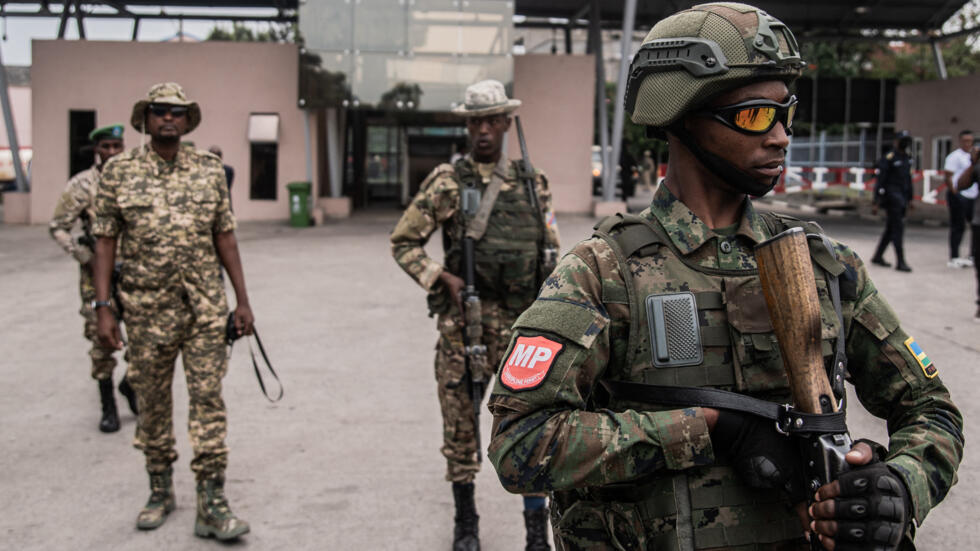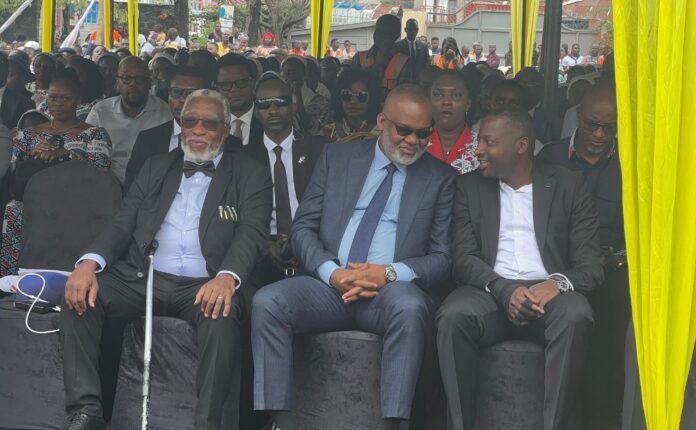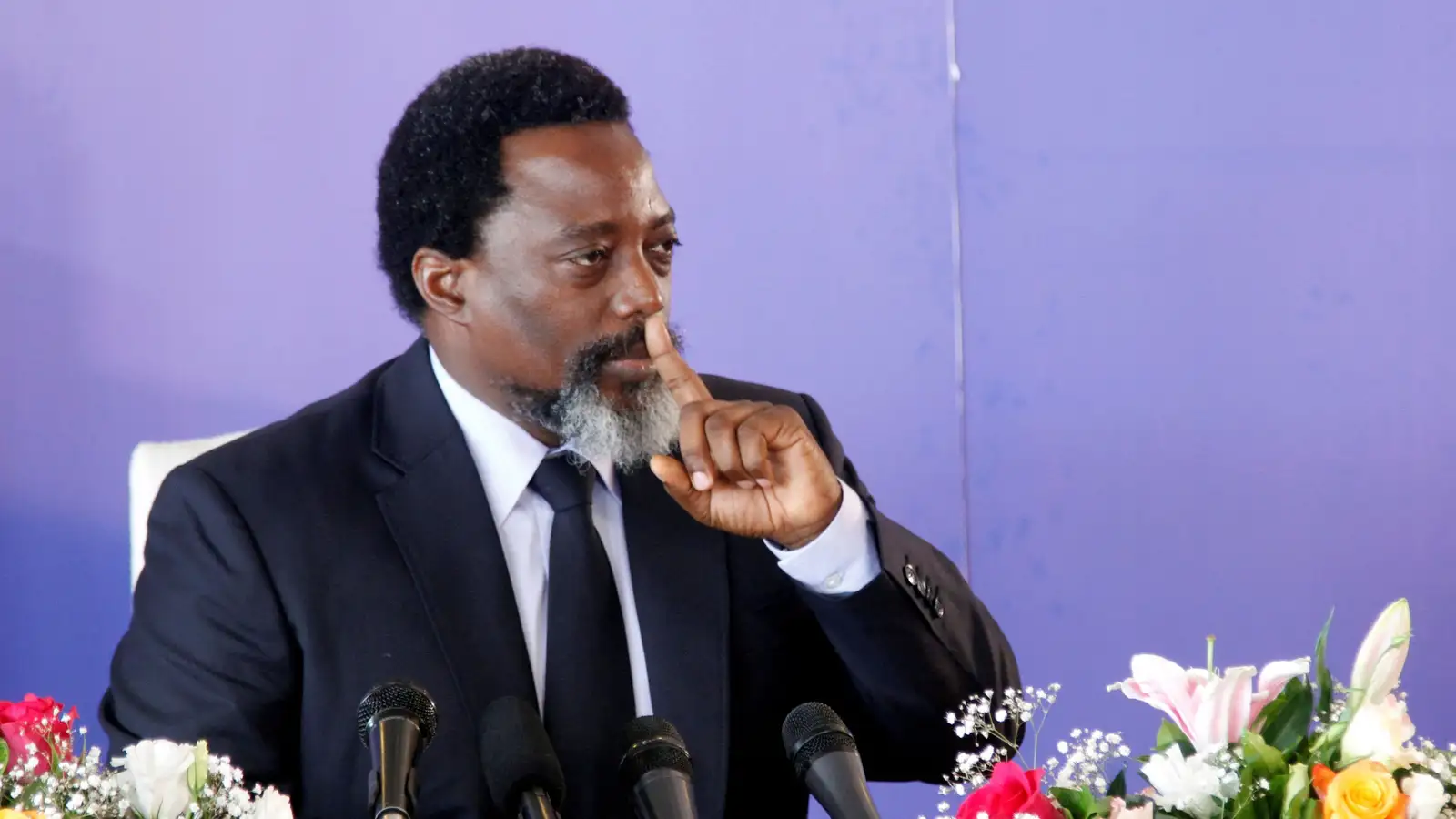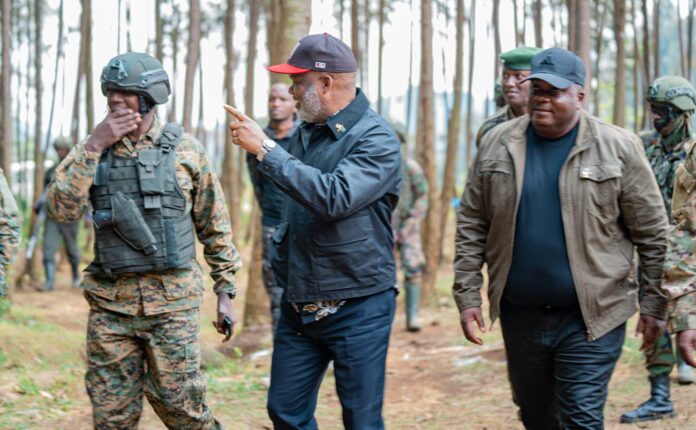In a strongly worded statement released on Thursday, April 11, 2025, the movement group AFC/M23 accused the coalition forces of the Democratic Republic of Congo (DRC) and Burundi of systematically violating the ceasefire agreement. The group claims these forces have launched new military offensives and committed widespread human rights abuses in eastern DRC, particularly in the town of Walikale and surrounding areas.
Note: Company, Blog, Church websites are free.
The AFC/M23 expressed “deep concern” over what it termed deliberate attacks by the Kinshasa government, pointing to the occupation of Walikale by coalition forces as a direct violation of the ceasefire agreement. The movement stated that this occupation, following a repositioning of their own troops in a bid to honor the ceasefire, amounted to “an act of aggression” and a “betrayal” of their efforts to de-escalate the conflict.
According to the group, forces linked to the DRC government, including the FARDC, FDLR, Mai-Mai/Wazalendo militias, and the Burundian National Defense Forces, looted Walikale after AFC/M23 withdrew its forces as a gesture of goodwill. The statement labeled the actions as a violation of the ceasefire and an attempt to undermine peace efforts.
The AFC/M23 also reported that large-scale attacks have been launched in other areas of North and South Kivu, including Masisi, Walungu, and neighboring regions. These operations, they argue, are further proof of the Kinshasa government’s disregard for the ceasefire agreement.
The statement raised alarms over what it described as a targeted campaign against Banyamulenge civilians in Minembwe. Between April 8 and 10, 2025, coordinated assaults originating from areas called “Point Zero” and “Bilalombili” reportedly placed the local population of Mikenke at grave risk. AFC/M23 condemned these attacks as “genocidal,” citing widespread destruction, looting, and violence inflicted on unarmed civilians in towns such as Kivumu and Gahwera.
Despite these allegations, the movement group reaffirmed its commitment to a peaceful resolution of the conflict, underscoring its determination to protect civilians and neutralize any threats. However, the AFC/M23 emphasized that its withdrawal from Walikale and other strategic areas is contingent on the implementation of a genuine ceasefire and the creation of favorable conditions for direct talks with the administration of President Félix Tshisekedi.
Direct negotiations between the two parties, initially set for April 9, 2025, have been postponed indefinitely. AFC/M23 has insisted that Kinshasa first meet six preconditions before engaging in serious talks. These conditions include a public declaration by President Tshisekedi reaffirming his commitment to negotiations, the repeal of restrictive parliamentary resolutions, the annulment of death sentences and arrest warrants targeting AFC/M23 leaders, the release of detainees, and an end to discriminatory practices against Congolese people speaking Swahili and Kinyarwanda.
The group also demands the signing of a formal bilateral ceasefire agreement before any resumption of negotiations, warning that progress towards peace will be impossible unless these terms are met.
The unfolding situation remains tense, as the DRC government faces mounting international pressure to address the escalating violence in the east. The outcome of this impasse will likely have significant implications for the future of peace in the region.



